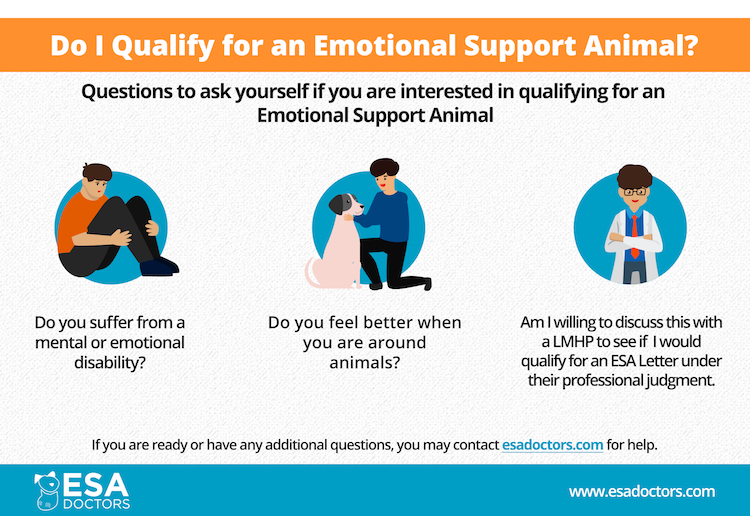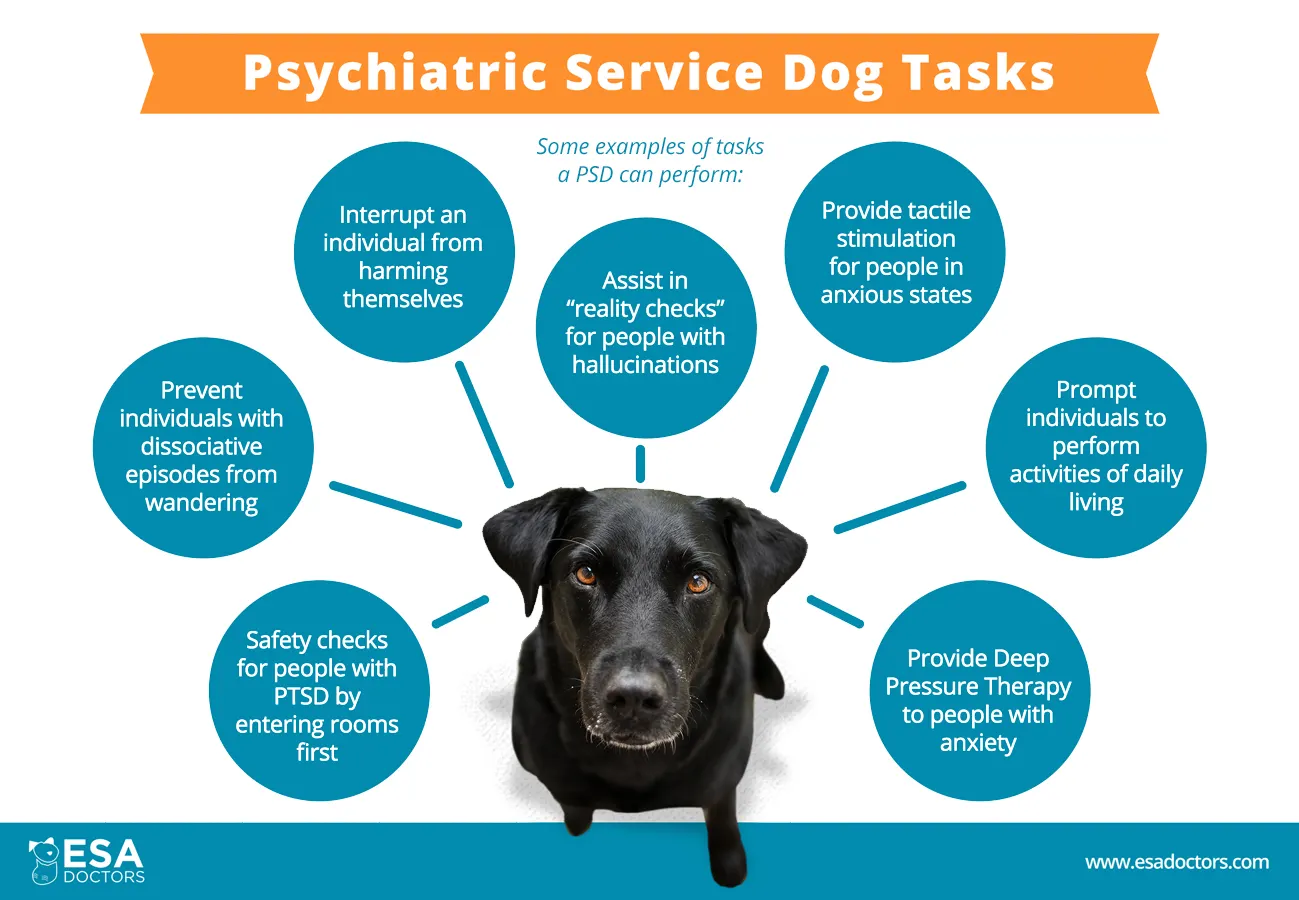Anyone who has ever had a dog or cat sit on their lap can attest that there’s something automatic about wanting to pet them. Stroking a pet’s fur and feeling their warmth brings feelings of comfort. It’s no wonder that 98% of American households have one or more pets in their home. According to the National Institutes of Health (NIH), pets are beneficial for people in various ways. They serve as loyal companions, foster a sense of responsibility, and even help reduce stress. And in the current fast-paced, ever-changing world, perhaps we need all the stress reduction we can get.
The Pet Effect
Although most of the research on human-animal interactions occurred within the last couple of decades, the bond is between animals and humans is nothing new. History provides many examples of how animals have hunted alongside humans, protected villages, and served as companions on long journeys. In the last decade, however, a few major organizations have invested funding to research the bond humans have with animals.
The NIH, for example, in collaboration with the Mars Corporation’s WALTHAM Centre for Pet Nutrition, aimed to delve into the benefits of pet ownership and the relationship humans have with animals. They found that animals benefit humans in many ways, both emotional and physical. For instance, animals can lower stress by reducing the stress hormone cortisol in humans.
The Human Animal-Bond Research Institute (HABRI) also studies the effects animals and humans have on each other. Research funded through HABRI finds that animals can reduce stress in people in general. However, they are most beneficial for people struggling with anxiety or PTSD and children with autism.
Pets, Stress, and Anxiety
How pets reduce anxiety stems both from their presence and the act of caring for them. According to HABRI, having a pet can significantly lower heart rate and blood pressure, which are signs of stress. By lowering these key symptoms of stress, pet owners can feel more relaxed. Stress occurs as a primal reaction to danger. When the body’s “fight or flight” response kicks in, with raising heart rate and blood pressure, it keeps the body on edge and feeling stressed. Pets can slow down this response and return your body to its normal state. Being around pets can also decrease cortisol levels and increase levels of oxytocin (the bonding hormone), boosting mood and creating a sense of well-being.
Pets as Emotional Support Animal

For some pet owners the relationship with their pets benefits their mental health or emotional disorders. The animal provides therapeutic companionship and makes life for them easier to bear. In such cases the owner might qualify for an emotional support animal (ESA).
A wide variety of conditions could qualify for people to own an emotional support animals, including:
- Phobias
- Severe anxiety
- Panic disorders
- PTSD
- ADHD
- Depression
A licensed mental health professional such as a therapist or doctor can determine whether you have a qualifying condition. If approved, the LMHP will issue a signed ESA Letter proving that you are in need of your emotional support animal. With a legitimate ESA Letter your animal will be able to live with you, even in residencies with no pets policies.
If your therapist doesn’t issue ESA Letters, connect online with a licensed health professional for an ESA Letter that complies with your State laws. Click on the link to get started.

Exercise and Routine
Pets that require routine exercise, like dogs, also help lower stress levels by encouraging activity and social interaction. Exercise is known to reduce stress and improve heart health, and pets encourage their owners to be more active by playing and walking. While engaging in activities with their owners, pets also promote social interaction with others. This exposure to human social support bonds for their owners also helps to lower stress levels.
When caring for a pet, a routine is involved. Pets need feeding, grooming, and engagement. This routine helps set the tone for the day and creates predictability, reducing any feelings of chaos that stress and anxiety can bring. Dogs, mostly, prefer a consistent routine and will even prompt their owners to care for them.
Pets as a Healthy Distraction
There are times when stress causes the mind to repeat negative thoughts. This repetitive thinking can turn into anxiety and increase tension levels in the body. Pets are a healthy distraction from negative and stressful thoughts. Their silly antics and need for attention divert the mind to more positive thoughts, lowering stress levels.
Even fish, which don’t have the same interaction with humans as furry pets, can lower stress. Their decorative aquariums and smooth movements significantly depart from the world we live in, providing their owners with a soothing distraction. Research finds that just 10 minutes of watching fish swim in an aquarium can lower stress levels.
Pets as Psychiatric Service Dogs
If a person’s dog performs vital tasks relating to a person’s mental health disability, their pet may even qualify as a psychiatric service dog (PSD). PSDs can perform life-altering — in some cases even life-saving — activities, making them an invaluable and inseparable medical necessity to their handler.
In contrary to emotional support animals, psychiatric service dogs undergo months or even years of training, in order to perform tasks for their handler’s psychiatric disability. And as a PSD is allowed to follow their handler into most public areas, fully trained psychiatric service dogs should undergo a public access test, to remain calm, alert and well-behaved in any busy setting, like airports and stores.
Examples of task a psychiatric service dog may carry out:
- Execute safety checks for people who have PTSD.
- Prevent individuals who have dissociative or anxiety episodes from entering dangerous areas.
- Interrupt an individual from harming themselves.
- Assist in “reality checks” for people with hallucinations.
- Prompt individuals to perform activities of daily living, such as bathing, eating, and taking medicine.
- Provide Deep Pressure Therapy (DPT) to help people with anxiety reduce stress levels.
Interested to know if you having a qualifying disability for an Psychiatric Service Dog? We can connect you with a licensed healthcare provider for an assessment. If approved they will issue a Psychiatric Service Dog Letter. Click below to get started.
Pet Ownership For a Healthy Lifestyle
Research through HABRI indicates that the human-animal bond is beneficial for humans. Although we consider ourselves as the caretakers of pets, they also take care of us. Pets fill our lives with hours of companionship and warmth. They teach us patience, responsibility, and empathy. They also increase our longevity by reducing our stress levels. The American Heart Association (AHA) published a study indicating how pet ownership can improve heart health and lower stress. Stress is a known risk factor for cardiovascular diseases. Pets alleviate the body’s reaction to stress, thus prolonging our lives… and they also do so much more.











Leave a Comment